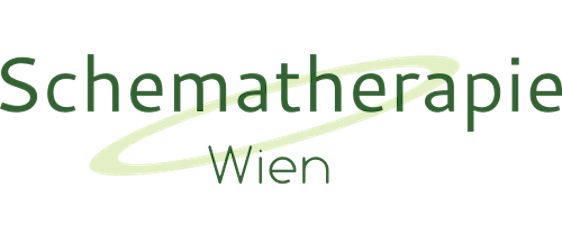
Upcoming events ' Advanced seminar
März 2024
Ein Schwerpunkt dieses Workshops liegt auf der Vertiefung der Arbeit in der therapeutischen Beziehung. Sie erfahren mehr über den Einsatz der empathischen Konfrontation, einer angemessenen Selbstoffenbarung oder über das angemessene Begrenzen von Patienten. Sie lernen, mit Schwierigkeiten in der Behandlung umzugehen, die aus der Aktivierung eigener Schemata resultieren. Ziel ist es, eigene Schemata zu erkennen und zu berücksichtigen, wenn sie in der Therapiesitzung getriggert werden. Weiterhin konzentriert sich der Workshop auf den Umgang mit schwierigen Therapiesituationen, z. B. wenn Patient(inn)en wegen eines…
Learn more "Mai 2024
Vertiefungsseminar Pferdegestützte Schematherapie (16 AE): In pferdegestützter Psychotherapie (Equine-assisted psychotherapy, EAP) werden mit der/m Patient*in festgelegte Therapieziele auf vielfache Weise durch den Einsatz des Pferdes systematisch gefördert. Dabei wird unter pferdegestützter Psychotherapie nicht dasselbe wie unter therapeutischem Reiten oder Hippotherapie verstanden und die Patient*innen befinden sich nicht auf dem Rücken der Pferde. Die Pferde sind üblicherweise ungesattelt und können sich frei bewegen, sich der/m Patient*in dadurch frei annähern oder sich entfernen (und vice versa). Pferde spüren dabei unter anderem…
Learn more "Juni 2024
Pferdegestützte Schematherapeutische Selbsterfahrungsgruppe: In dieser Selbsterfahrungsgruppe wird einerseits mit klassischen schematherapeutischen Techniken wie Imaginationen und Stuhldialogen, andererseits aber v.a. mit Pferden (vom Boden) gearbeitet. Im Fokus steht das Erleben der eigenen Schemata und Modi mit Pferd(en) als Mediator(en). Reitkenntnisse nicht erforderlich. Pausenverpflegung sowie 1 Reitstunde mit staatlich geprüftem Reitinstruktor Franz Krapf im Preis inkludiert. Begrenzte Teilnehmer*innen-Anzahl, Platz garantiert nach Eingang der Anzahlung von 500,-EUR. Dozentin: Univ.-Prof. Dr. Alexandra Schosser, PhD. MBA Staatlich geprüfter Reitinstruktor: Franz Krapf Zeitstruktur:…
Learn more "This in-depth workshop is designed to teach psychotherapists the basics of schema-therapeutic treatment of depressed patients. The goal is to transfer schema-therapeutic concepts to work with depressed patients and to gain practical experience and guidance for everyday therapeutic practice. As a theoretical basis, a schema-therapeutic model of depression will be presented at both the schema and mode levels, and participants will be taught the influence of early maladaptive schemas in the development as well as maintenance of depression using individual examples. Building on the individual case conception, it is the...
Learn more "September 2024
Content: In this WS you will learn multisensory possibilities to make patients' own modes (and the mode model) even more graspable and tangible and thus to accompany and strengthen the change process. Examples: Use of objects, symbols, metaphors, photos, bodywork for the mode model and discussion of therapy goals and change process Use of childhood photos to reinforce contact with the VC "Stamp technique" against the messages of the Critical Parent Use of audio flashcards, transitional objects, and photos of the therapy room to bring therapy into...
Learn more "